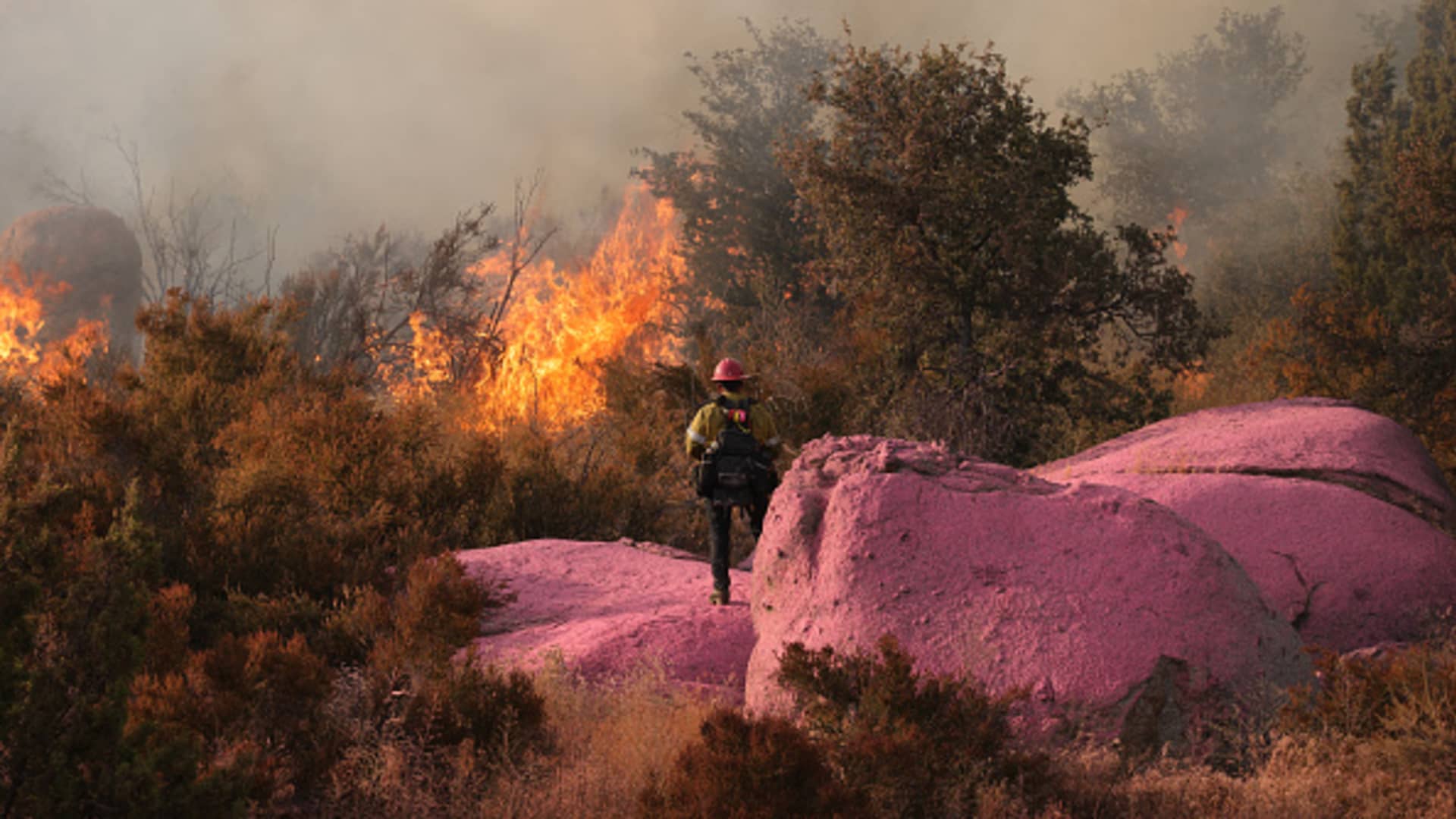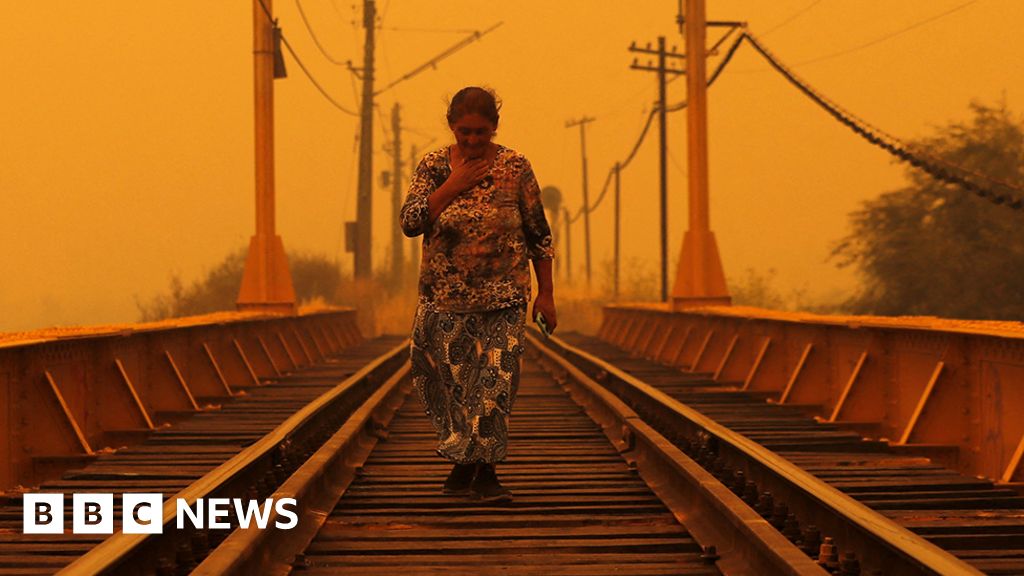Global temperature has reached a milestone as Earth surpasses the 1.5°C warming threshold for an entire year. This event is a wake up call to tackle climate change and its impacts.

Also Read: European Union Unveils 2040 Climate Target, Amid Farmers Protests
In recent years, the world has seen extreme weather events, from heatwaves and wildfires to floods and droughts. These harbingers of climate change have intensified as global temperatures soar.
The EU’s Copernicus Climate Change Service (C3S) reports that the period from February 2023 to January 2024 saw a 1.52°C of warming above pre-industrial levels.
This is the first time in recorded history that Earth has exceeded the 1.5°C threshold for an entire year. January 2024 alone records as the hottest January on record globally, with temperatures soaring 1.66°C above the pre-industrial average.
The problems of surpassing the 1.5°C warming limit are far-reaching. Rising temperatures exacerbate existing climate hazards, amplifying the frequency and intensity of extreme weather events.
From the Arctic to the Antarctic, from densely populated urban centers to coastal communities, no corner of the planet remains untouched by the consequences of global warming.
The impacts of climate change are already unfolding before our eyes. Melting ice caps, rising sea levels, disrupted ecosystems, and dwindling biodiversity threaten the very fabric of life on Earth.
The social, economic, and humanitarian toll of climate-related disasters is immense, disproportionately affecting marginalized communities and exacerbating existing inequalities.
The primary driver of the warming trend is the accumulation of greenhouse gases in the atmosphere, primarily from the burning of fossil fuels.
Also Read: California Storm: 3 Dead in Historic California Rain Event
Carbon dioxide emissions, along with other pollutants, act as a heat-trapping blanket, trapping solar radiation and leading to an increase in global temperatures.
Natural climate phenomena, such as the El Niño-Southern Oscillation (ENSO), can exacerbate global warming.
The recent El Niño event, characterized by warmer than average sea surface temperatures in the equatorial Pacific, contributed to the spike in global temperatures observed over the past year.
The Paris Agreement, forged in 2015, set targets to limit global warming to well below 2°C above pre-industrial levels, with efforts to pursue efforts to limit the temperature increase to 1.5°C. However, the latest data signals a reality, the world is on a trajectory that far exceeds these goals.
Governments, businesses, civil society, and individuals must prioritize climate action, implementing mitigation and adaptation measures to reduce emissions, build resilience, and transition to a sustainable, low-carbon future.
Also Read: Turkey Earthquake: Survivors Struggle to Rebuild their Lives
Human activities, like the burning of fossil fuels, remain the primary drivers of the rise in global temperatures.
Carbon dioxide emissions from industrial processes, transportation, and energy production have catalyzed the greenhouse effect, trapping heat within the Earth’s atmosphere and disrupting the balance of the climate system.
While natural phenomena like the El Niño weather pattern can exacerbate short-term temperature spikes, the trajectory of warming is inexorably linked to anthropogenic factors.
Addressing the climate crisis necessitates urgent and decisive action to curb carbon emissions and transition to sustainable energy sources.
The Paris Agreement, signed by nearly 200 nations in 2015, set targets to limit global warming to well below 2°C and strive for a 1.5°C threshold. However, the current trajectory of emissions shows a eviation from these goals.
Mitigating the impacts of climate change requires an approach encompassing policy interventions, technological innovations, and collective societal action.
Governments must enact stringent emission reduction policies, incentivize renewable energy adoption, and invest in climate resilience measures to mitigate the worst effects of global warming.
Moreover, fostering global partnerships and mobilizing financial resources are important to support vulnerable communities and facilitate a just transition to a low-carbon economy.
Also Read: Chile Wildfires: At Least 112 People Dead, Emergency Declared






















